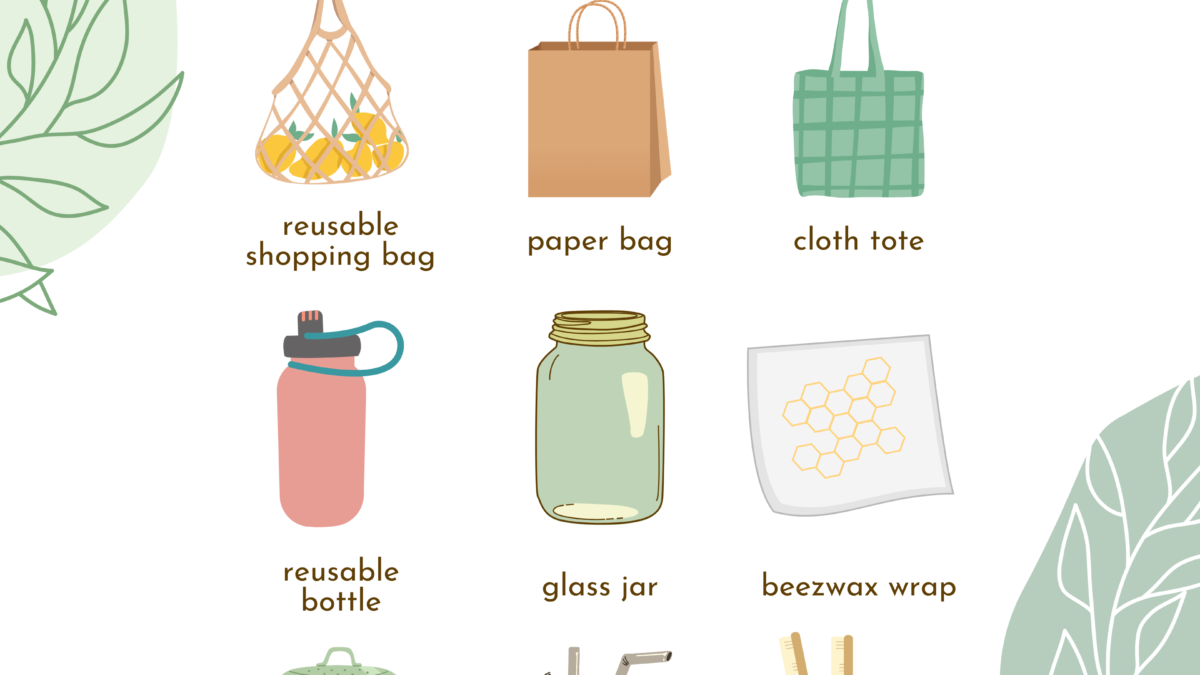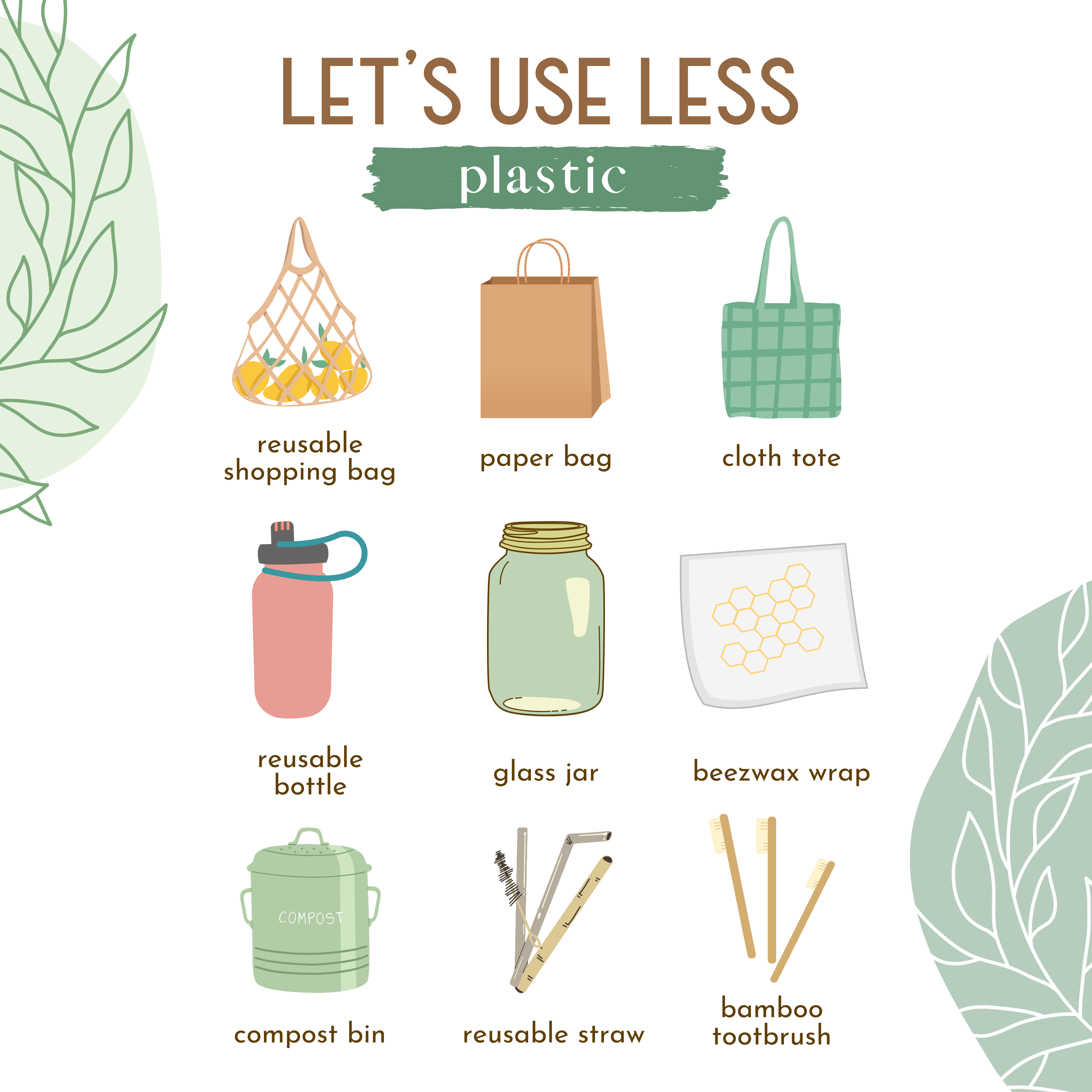Helpful tips now that the NJ Bag Ban is here!


It is believed that Americans use about 360 plastic bags a year, compared to Denmark which averages 4. With efforts to help combat plastic production and pollution, cities across the United States have begun banning single-use plastic bags. In 1979, plastic bags were introduced to the U.S as they created a durable and more efficient way to keep items safe for transportation. In this short time, the production and disposal have begun to wreak complete havoc on our environment and ecosystem. While many plastic bags are considered recyclable, more times than not, these bags get misplaced in the process, ending up in oceans, trees, roadsides, and other precious spaces.
The science behind plastic is rigorously studied, and each year there are more attempts to find an efficient and proper solution for disposing of these harmful products. In 2015, more than 85% of plastic wraps and bags were never recycled; leaving them to occupy oceans and landfills. It’s believed that one plastic bag can take up to 1,000 years to decompose entirely.. In addition to the awful impact plastic has on our environment and habitats, it also harms the living organisms that are crucial to our ever-changing ecosystem. The added chemicals found in plastic waste can cause extreme harm to both animals and humans. From immune issues to hormonal disruptions and even cancer, these plastics can create irreversible damage to our bodies.
Have you acquired lots of plastic bags over time? Or maybe you took this conscious step years ago, and you’re fully stocked up on reusable totes. Either way, this is our chance to stop using single-use plastic bags and to educate those around us. Knowledge is power, and we are so fortunate to have all this information right at our fingertips. While some people may be confused and possibly inconvenienced by this small and simple step- it’s important to understand that smaller actions can create the biggest change.
Helpful Tips
Buy reusable totes (canvas, mesh, hemp, bamboo, jute, cotton, nylon, or non-woven polypropylene)
Don’t forget to wash your bags (every week or alternating)
Wipe down bags with white vinegar in between uses
Use insulated or collapsible bags
Recycle old shopping bags
Use paper bags
Cardboard boxes

Next time you head out to the store, don’t forget your reusable totes! Materials such as canvas, mesh, and non-woven polypropylene are all washable and safe options to use. For anyone bulk buying, insulated and collapsible crates/bags are convenient for transportation and storage. These options can serve a purpose beyond groceries (beach trips, picnics and much more). Storing these bags in your trunk and keeping some inside the home can help create ease in this transition. Many New Jersey stores have already started banning single-use plastic bags but offer reusable bags for purchase. If purchasing reusable bags isn’t an option, see if a sales associate has extra cardboard boxes or another possible solution.